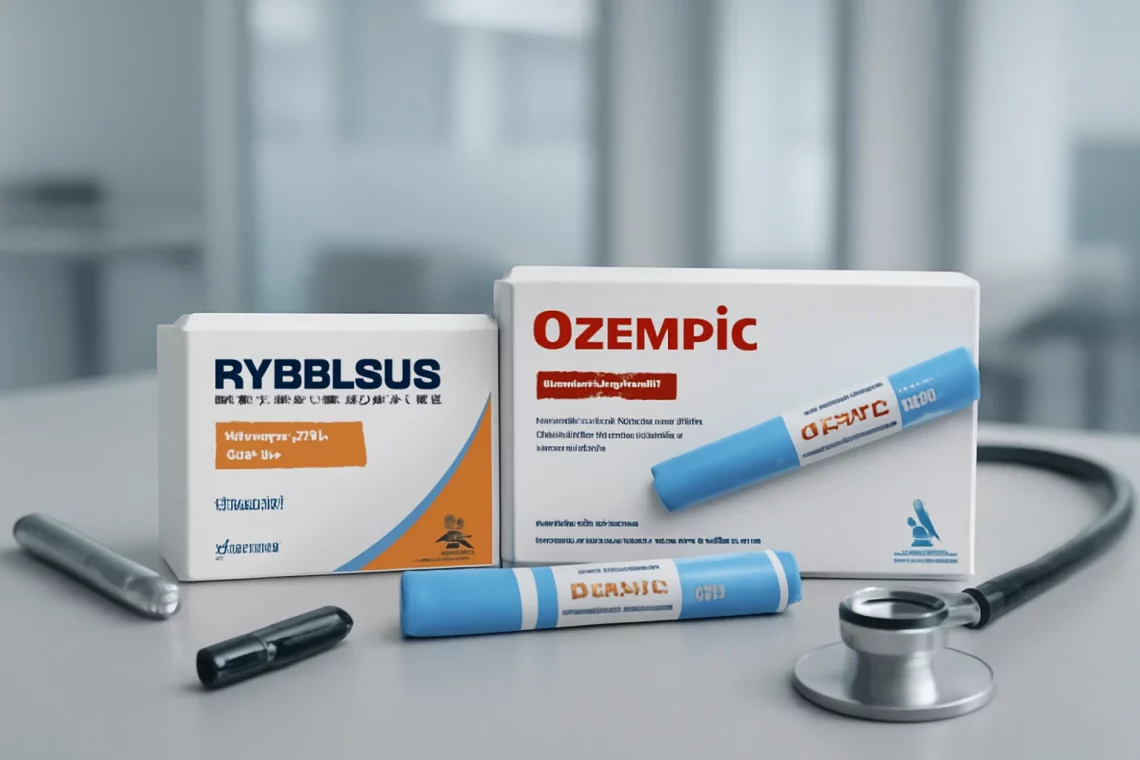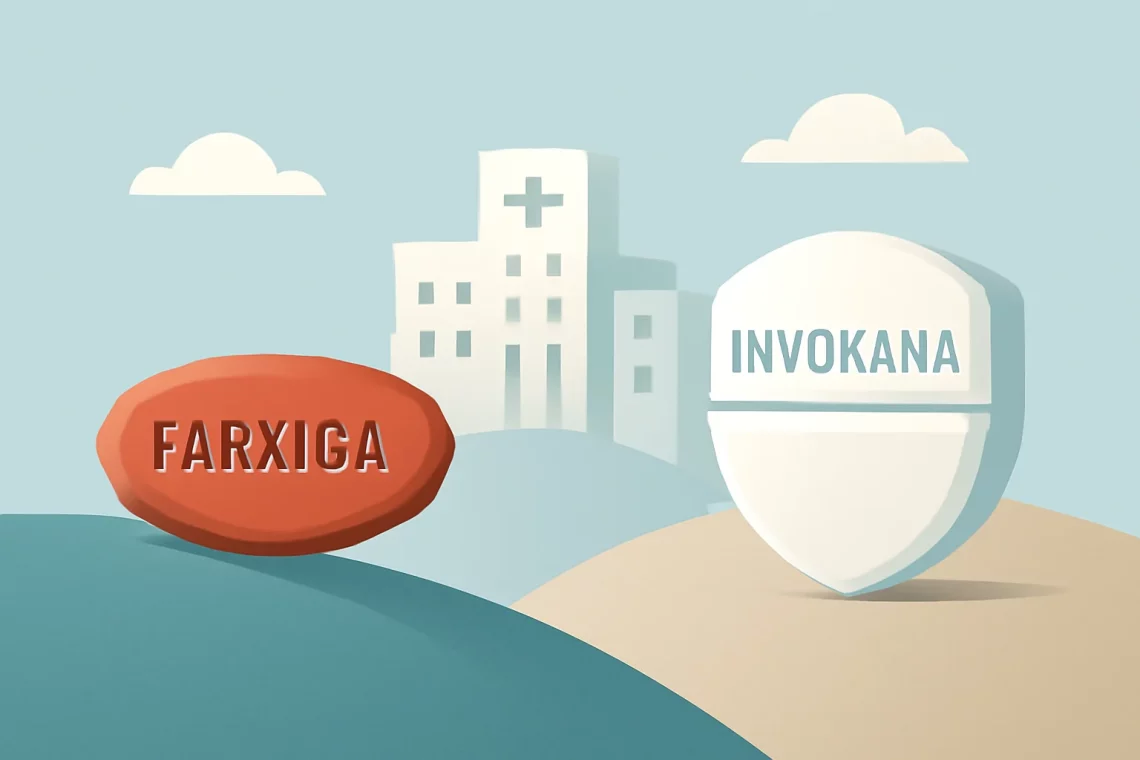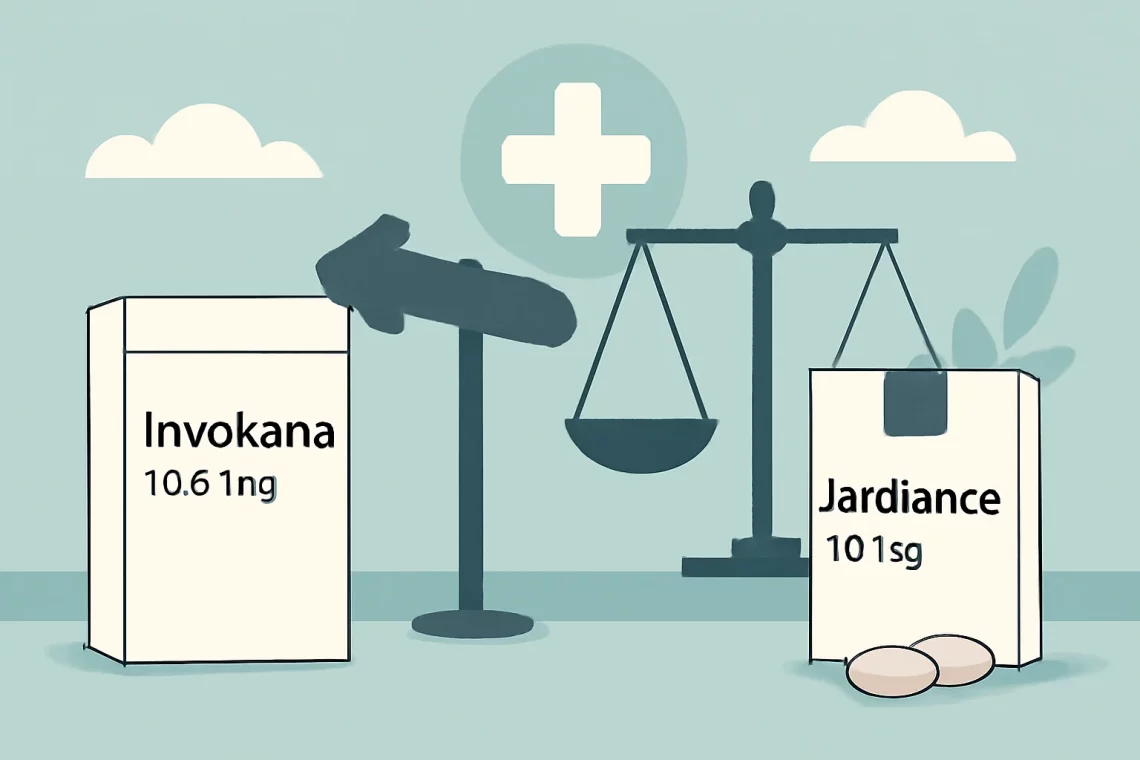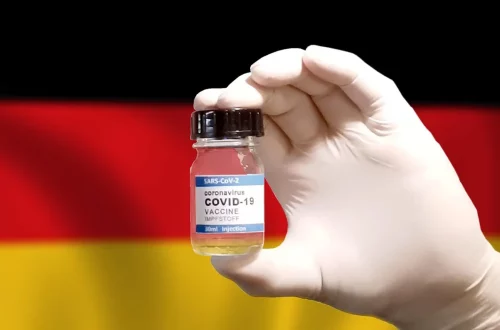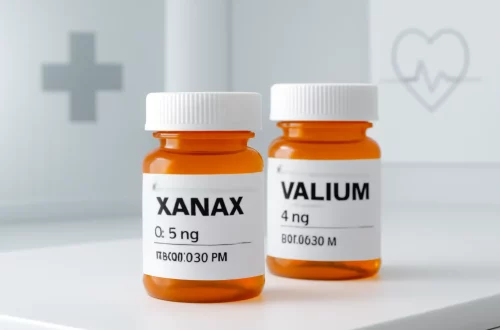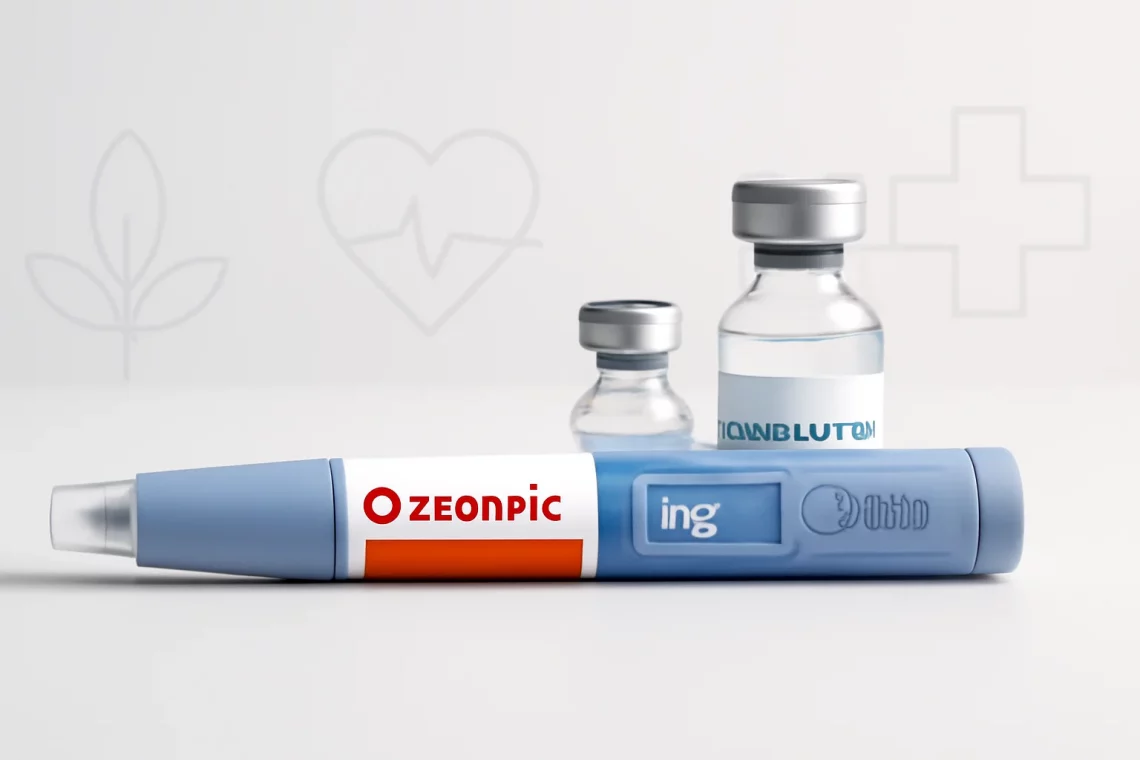-
Rybelsus vs Ozempic: Which Diabetes Treatment is Right for You?
In recent years, the conversation around diabetes management has evolved significantly, with a focus on innovative medications that offer new hope to individuals living with Type 2 diabetes. Among these medications, Rybelsus and Ozempic have emerged as prominent players in the landscape of diabetes treatment. Both belong to a class of drugs known as GLP-1 receptor agonists, which mimic the actions of the glucagon-like peptide-1 hormone. This hormone plays a crucial role in regulating blood sugar levels and appetite, making these medications vital for those struggling to maintain optimal glucose control. As the prevalence of Type 2 diabetes continues to rise globally, understanding the differences and similarities between such medications…
-
Farxiga vs Invokana: Which Diabetes Medication Is Right for You?
The landscape of diabetes management has evolved significantly over the years, with a variety of medications available to help individuals control their blood sugar levels. Among these treatments, two prominent options are Farxiga and Invokana. Both medications belong to a class of drugs known as SGLT2 inhibitors, which work by preventing the reabsorption of glucose in the kidneys, thereby allowing excess sugar to be excreted through urine. This mechanism not only aids in blood sugar control but also offers additional benefits, such as weight loss and improved cardiovascular health. As the prevalence of type 2 diabetes continues to rise globally, the choice of medication becomes crucial in managing the condition…
-
Januvia vs Glyburide: Which Diabetes Medication is Right for You?
Managing diabetes effectively is a critical aspect of maintaining overall health and well-being for those diagnosed with this chronic condition. The landscape of diabetes medications is diverse, with various options tailored to meet individual needs. Among the prominent medications prescribed are Januvia and Glyburide, both of which serve to regulate blood sugar levels but operate through different mechanisms. Understanding the differences, benefits, and potential drawbacks of these medications can empower patients and caregivers to make informed decisions about diabetes management. As diabetes continues to rise globally, it is essential for patients to familiarize themselves with the various treatments available. The choice between medications like Januvia and Glyburide can significantly influence…
-
Metformin vs Januvia: Which Diabetes Medication Is Right for You?
Metformin and Januvia are two medications frequently used in the management of type 2 diabetes, a chronic condition that affects the way the body processes blood sugar (glucose). As diabetes rates continue to rise globally, the importance of effective management strategies cannot be overstated. These medications play a crucial role in helping individuals maintain their blood sugar levels within a healthy range, thereby reducing the risk of complications associated with uncontrolled diabetes, such as heart disease, nerve damage, and kidney issues. Understanding the differences and similarities between Metformin and Januvia is essential for patients, caregivers, and healthcare providers alike. While both medications aim to improve glycemic control, they do so…
-
Lantus vs Toujeo: Which Insulin is Right for You?
Managing diabetes effectively involves understanding the various insulin options available to patients. Among the most commonly prescribed long-acting insulins are Lantus and Toujeo, both of which are designed to help individuals maintain optimal blood sugar levels throughout the day and night. These two medications, while similar in their fundamental purpose, have distinct characteristics that may influence a patient’s choice depending on their specific needs, lifestyle, and diabetes management goals. Lantus, also known as insulin glargine, has been a staple in diabetes care for many years, providing patients with a reliable option for managing their condition. On the other hand, Toujeo, which is a more concentrated formulation of insulin glargine, offers…
-
Invokana vs Jardiance: Choosing the Right Diabetes Medication for You
When it comes to managing type 2 diabetes, patients often find themselves navigating a myriad of medication options. Two of the most commonly prescribed medications are Invokana and Jardiance, both of which belong to a class of drugs known as SGLT2 inhibitors. These medications work by preventing the reabsorption of glucose in the kidneys, leading to increased glucose excretion through urine. As diabetes management becomes increasingly personalized, understanding the differences, benefits, and potential side effects of each medication can empower patients in their treatment decisions. With a focus on improving glycemic control and reducing cardiovascular risks, both Invokana and Jardiance have garnered significant attention in the medical community. However, the…
-
Metformin vs Glucophage: Understanding Their Differences and Uses
Metformin and Glucophage are two terms that are often mentioned in the context of diabetes management. For many individuals diagnosed with type 2 diabetes, understanding the medications available to them is crucial for effective management of their condition. Both Metformin and Glucophage are widely prescribed to help control blood sugar levels, but there is often confusion regarding their differences and similarities. This confusion can stem from the fact that Metformin is the generic name of the medication, while Glucophage is a brand name for the same active ingredient. As the prevalence of diabetes continues to rise globally, it is essential to demystify these medications and understand their mechanisms, benefits, and…
-
Farxiga vs Steglatro: Which Diabetes Medication is Right for You?
In the realm of diabetes management, the emergence of new medications has revolutionized treatment options for patients. Among these medications, Farxiga and Steglatro have gained significant attention for their effectiveness in controlling blood sugar levels. Both drugs belong to the SGLT2 inhibitor class, which works by preventing the reabsorption of glucose in the kidneys, promoting its excretion through urine. This mechanism helps to lower blood glucose levels, making them a viable option for many individuals living with type 2 diabetes. As the prevalence of diabetes continues to rise globally, understanding the differences and similarities between these two medications becomes increasingly important for patients and healthcare providers alike. Each medication comes…
-
Ozempic vs Semaglutide: Understanding the Key Differences and Benefits
Ozempic and semaglutide represent a significant advancement in the management of type 2 diabetes and obesity. As chronic conditions affecting millions of individuals worldwide, the need for effective treatments has never been more pressing. Ozempic, a popular medication, is a brand name for semaglutide, which is a glucagon-like peptide-1 (GLP-1) receptor agonist. This class of medications works by mimicking the effects of the GLP-1 hormone in the body, leading to improved insulin secretion, reduced glucagon release, and slower gastric emptying. The rising prevalence of diabetes and obesity has underscored the importance of understanding the available treatment options. Patients and healthcare providers alike are increasingly focused on finding medications that not…
-
Rybelsus vs Metformin: Choosing the Right Diabetes Treatment Option
Managing diabetes is a complex and multifaceted challenge that requires careful consideration of various treatment options. Among the most common medications prescribed for Type 2 diabetes are Rybelsus and Metformin, both of which have distinct mechanisms of action and therapeutic benefits. Understanding these differences is crucial for patients, caregivers, and healthcare professionals alike, as it helps inform treatment decisions that can significantly impact a person’s quality of life. While Metformin has long been the first-line medication for managing blood sugar levels, Rybelsus, a newer entrant in the diabetes medication market, offers an innovative approach to glycemic control. Both drugs are designed to help individuals maintain stable blood sugar levels, yet…
